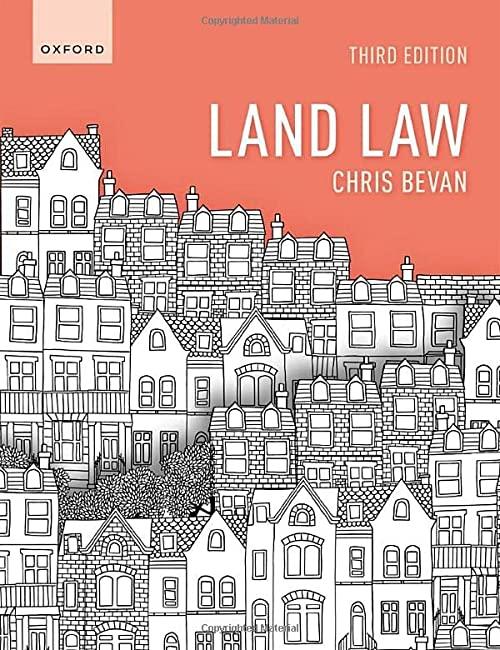Feeling a bit stuck on the Evidence issues below. Please may you provide a brief answer as to how you would about answering them. Thank you so much!
An automobile owned and operated by Peter collided with a taxicab driven by David and owned by Cabco. The accident injured both Peter and David. Vicky, a passenger in Peter's automobile, also suffered a broken leg. Shortly after the accident. While she was undergoing necessary surgery to repair the fracture, Vicky suffered a cardiac arrest and died. Peter brought an action in State X against Cabco for personal injuries. State X has adopted the Federal Rules of Evidence and the same privileges recognized in a majority of states. At the trial by jury, the following occurred: On cross examination of Peter, Cabco's counsel asked Peter whether he had been suspended by his employer for stealing money. When Peter denied it, Cabco's counsel called Gus, Peter's supervisor, to the stand. Gus testified that Peter once stole $50 from a cash register and was suspended for a month without pay. Then Vicky's physician, Doc, testified as a witness for Cabco that, while he prepared Vicky for surgery, he asked her how the accident happened. According to Doc, Vicky responded: "Don't tell anybody, Doc, but Peter and I were smoking some marijuana. I dropped a lighted joint, and Peter had his head down looking for it when we hit the cab.' Assume that, in each instance, Peter's counsel made all appropriate objections regarding impeachment and privilege. (Do not discuss any hearsay or relevance issues.). Was the evidence regarding Peter's theft of money and Vicky's statements properly admitted?Automobiles driven by Alan and Bob collided at night on an unlit thruway in a remote area. Bob's vehicle had crossed the median strip, jumped the guardrail on Alan's roadway, and plowed into Alan's vehicle from the side and rear. There were no witnesses to the accident apart from the other drivers. Several minutes after impact, Alan died. The prosecutor charged Bob with criminally negligent homicide. Bob took the stand in his own defense. The prosecutor asked Bob whether he had ever stolen money in the amount of $1,000 from an employer. Bob vehemently denied ever having done such a thing. The prosecutor, on rebuttal, called Bob's former employer, who sought to testify that $1,000 had been discovered missing and had never been accounted for, and that the money was under Bob's sole control at the time. Bob's attorney objected to this line of questioning, and the court sustained the objection. Then, the prosecutor introduced a properly authenticated copy of a three-year-old conviction of Bob for drug trafficking, a statutory felony. After determining that the probative of the conviction outweighed its prejudicial effect, the court admitted the copy of the conviction into evidence. The jury acquitted Bob. Applying the Federal Rules of Evidence: . Did the court properly sustain the objection regarding the stolen money? . Did the court properly admit Bob's drug trafficking conviction








